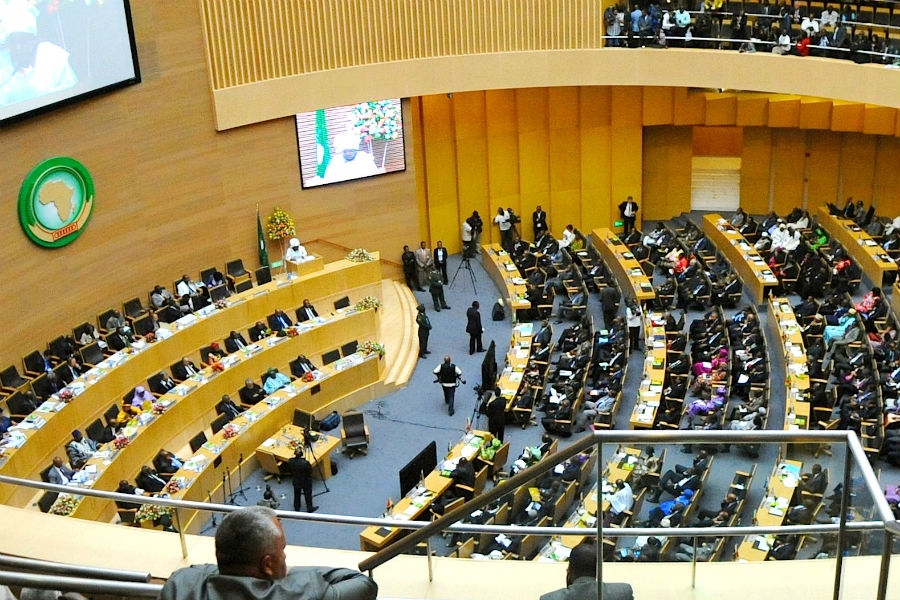By Ntombi Mhlongo
Concerned about the widespread effects of harmful accusations of witchcraft, the Pan-African Parliament (PAP) has come up with a range of guidelines that provide a holistic approach to dealing with the issue.
According to the PAP website, the guidelines took centre stage at the joint sittings of the Committee on Gender, Youth, Family and People with Disability, the Committee on Health, Labour and Social Affairs, and the Committee on Education, Culture, Tourism, and Human Resources at the PAP headquarters in Midrand, South Africa.
The Project Manager overseeing Disability Rights at the University of Pretoria Centre for Human Rights, Innocentia Mgijima was quoted saying said the PAP Guidelines on Harmful Practices Related to Accusations of Witchcraft and Ritual Attacks are aimed at ensuring an enabling legal environment to eradicate these harmful practices.
Read More: Indigenous medicine and traditional healing
“The belief in witchcraft is not necessary but there is no denying there are people who believe in it. People accused of witchcraft are often banished from their communities, stigmatised, and dispossessed of their belongings. The guidelines seek to deal with such scenarios,” said Mgijima.
She added that the guidelines also provide non-legal and community-based responses in dealing with accusations of witchcraft and ritual attacks.
The committees also scrutinised the Protocol to the African Charter on Human and People’s Rights on the Rights on Social Protection and Social Security, and the Plan of Action on the Family in Africa.
Acknowledging the central role played by the family in society, Senior Welfare Officer at the African Union Commission Lefhoko Kesamang, noted that harmful practices related to witchcraft accusations affect the family.
Read More: SADC members urged to harness wildlife & blue economy
“Witchcraft should be understood in the context of the family. When one family is accused and uprooted from the community, and the whole family leaves and everyone is affected. The African family network is the prime mechanism for coping with social, economic, and political adversity in the continent, so we want to make sure the family is recognised and it contributes to the Africa we want,” Kesamang was quoted.
Chairperson of the Committee on Health, Jean Patrice France Quirin proffered: “We all agree that these harmful practices should be eliminated, and this is not easy, but we are willing as the PAP to work towards this.”
